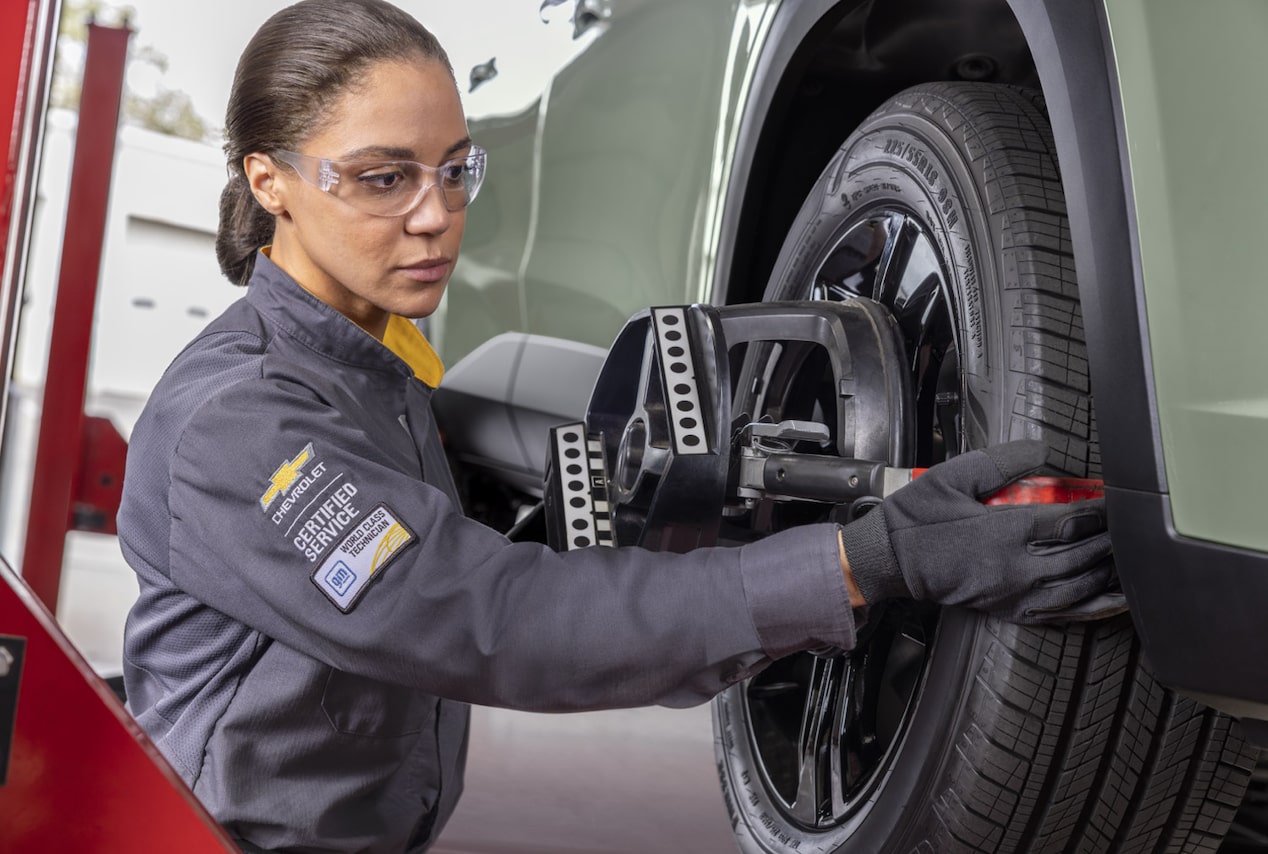All Categories
Featured
Preparing your lorry for a long-distance journey is necessary to make certain safety, convenience, and efficiency throughout the journey. Whether you're gone to a weekend break getaway or a cross-country journey, making certain your vehicle is in leading problem can stop unforeseen issues and keep you on the road. Below are vital actions to ensure your vehicle awaits long-distance travel.
![]()
![]()
Verdict. A little prep work goes a long method when it comes to long-distance travel. By examining your vehicle's fluids, examining the tires and brakes, and making sure the battery and cooling system are operating appropriately, you can lessen the threat of unforeseen malfunctions.
- Carry Out a Comprehensive Liquid Examine. One of the most vital checks prior to any long-distance drive is ensuring all vital liquids are at the proper degrees. Check your engine oil, transmission fluid, coolant, brake liquid, and windshield washing machine liquid.
- Check the Tires for Wear and Appropriate Rising Cost Of Living. Tires are your car's primary factor of call with the road, so guaranteeing they remain in good problem is vital. Inspect the tire pressure and inflate them to the advised levels to guarantee optimal gas performance and handling. Examine the tread depth to make certain your tires can grip the roadway appropriately, particularly in slippery or damp problems. Replace them before getting started on your journey. if your tires show indications of irregular wear or are approaching the end of their life expectancy.
- Inspect the Battery's Health and wellness. In addition, examine the battery's charge and age-- if the battery is over three years old, take into consideration replacing it to avoid prospective failure during your trip. Some vehicle components stores supply complimentary battery testing, which can offer you peace of mind prior to striking the road.

- Guarantee the Air Conditioning System Is Functioning Correctly. The cooling system maintains the engine from overheating, so it's essential to check that it's functioning effectively before a lengthy drive. Overheating can mess up an engine promptly, so if you're unsure regarding your lorry's cooling system, take into consideration having it checked by a professional auto mechanic prior to leaving.
- Evaluate the Brakes. The problem of your brakes straight affects your security, specifically on long journeys where you'll be driving at high rates. Pay attention for any kind of strange sounds, such as squealing or grinding, which might indicate that the brake pads are worn. Check the brake liquid level and make certain it's at the optimum level. It's important to have them inspected and fixed prior to heading out. if your brakes really feel soft or less competent when you push the pedal.
- Check Your Lights and Signals. Make certain all your vehicle's lights, including fronts lights, taillights, brake lights, and turn signals, are working appropriately. In addition, tidy your fronts lights and taillights to make sure optimum visibility, especially in stormy or foggy problems.

- Load an Emergency Situation Kit. Always load an emergency situation set with necessary products, consisting of a first help set, flashlight, jumper cords, tire-changing devices, and a spare tire. Consist of fundamental materials such as bottled water, non-perishable treats, and a covering in instance you end up stranded.
- Plan Your Course and Rest Stops. Mapping out your course beforehand is essential to an effective long-distance trip. Utilize a general practitioner or smartphone app to inspect for construction or road closures, and recognize convenient remainder quits for fueling and stretching your legs. Prepare for routine breaks to stay clear of tiredness and keep you sharp while driving. Recognizing where to stop in the process can aid you avoid unnecessary detours or anxiety.
- Set Up a Pre-Trip Assessment. If you're unsure about the problem of your cars and truck or desire an experienced point of view, take into consideration scheduling a pre-trip examination at an auto shop. An auto mechanic can carry out an extensive check, guaranteeing everything is in excellent working order before you leave. If you're taking a much longer journey or driving in unfamiliar locations., this step is especially essential.
Verdict. A little prep work goes a long method when it comes to long-distance travel. By examining your vehicle's fluids, examining the tires and brakes, and making sure the battery and cooling system are operating appropriately, you can lessen the threat of unforeseen malfunctions.
Latest Posts
Cooling System Maintenance Now! at MO
Published Apr 10, 25
2 min read
Just How Bath Fitter Became City Detroit's Go-To for Bathroom Remodels
Published Apr 10, 25
1 min read
Bathroom Fitter's One-Day Tub-to-Shower Conversions: Fast, Beautiful, Done
Published Apr 10, 25
1 min read